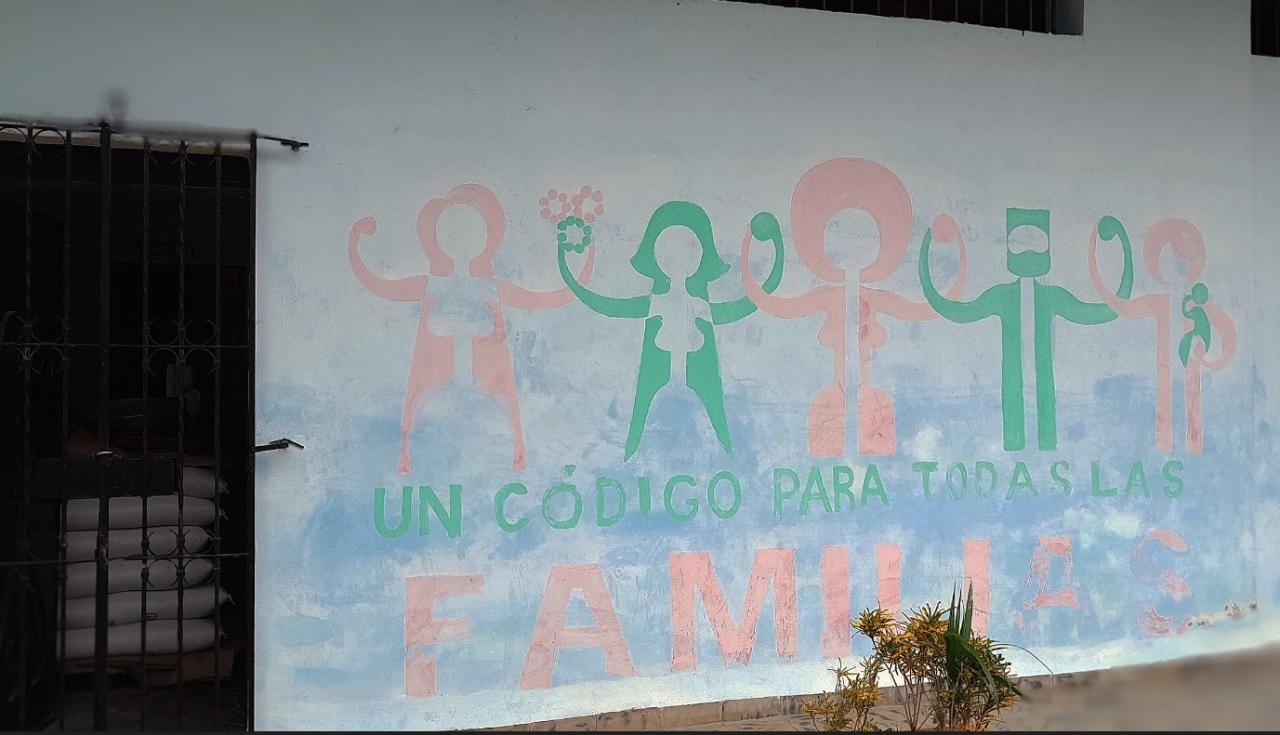In a political reading of the results of the referendum on the Family Code in Cuba, Jesús Delgado Valery, director of institutional development at Transparencia Electoral, and Cuban opposition leader Manuel Cuesta Morúa, described the high level of abstention and number of negative votes in the referendum as a milestone in the history of "electoral processes" in Cuba and a sign of society's growing rejection of the government.
"We consider this a milestone. The 26% abstention rate is historic in the context of Cuba's 'electoral processes.' Revolutionary Cuba has seen three referendums from 1959 to date. In 1976, when the constitutional referendum took place, participation, according to official data, was at 98% of the electoral rolls, with 97% voting in favor. Then, in 2019, participation was 84%, and approval was 90%. In the last elections, in 2018, the turnout was 85%, and in 2013 it was 90.88%," Jesús Delgado Valery pointed out to DIARIO DE CUBA.
In Sunday's referendum, "participation reached 74%, and the valid votes were more or less 70% or 60% of the electoral rolls. There was a rejection (NO) of the Family Code in 33% of the valid votes. If we add the abstention rate of 26%, plus the null and blank votes, plus the votes rejecting the Family Code, we have more than 50% of the people deciding not to vote, or to vote against it, or to present a void or blank ballot, all these being options other than approval of the Family Code," he explained.
According to the coordinator of DemoAmlat, this is a "rejection not only of the Code, but also of the regime," which tried to use the referendum as a "relief valve."
According to preliminary results of the regime's electoral apparatus, 66.87% of registered Cuban voters voted ″YES″ on the Family Code in Cuba.
"Where there are no free, transparent and democratic elections, any plebiscite becomes an opportunity for the population to express its rejection of the Government," added Delgado Valery, who argued that the regime "exploited this Code and the rights of the minorities that were being put to a plebiscite."
According to Cuban opposition leader Manuel Cuesta Morúa, the whole process was "not a proposal for a Family Code, but rather a political initiative by the state in an effort to guarantee multiple things at the same time."
"One, to burnish, if we can put it this way, its progressive image before the world, 20 years after 33 countries had already recognized the rights of the LGBTI community, and of minorities, in ways even more specific and sophisticated than the Cuban government did," Cuesta Morúa said.
"At the same time, the government was looking for a way to secure a legitimacy it has lacked ever since its genesis, through voting. In this regard, what happened on Sunday is the confirmation of a victory, and a defeat," he added.
"For the first time, after July 11, opposition to the regime in Cuba had a number that was higher ―in both absolute terms and percentage-wise― than the number of people who supported it," he said.
"Because, as typically happens with these dictatorial regimes, when you use the mechanism of elections, referendums or plebiscites, you are not only judging support for the specific, issue but also support for the government. Therefore, in my opinion, this was a political defeat for the Cuban revolution, and a victory for the LGBTI community," said the founder of Arco Progresista.
"It's an important lesson for the future," the activist said, raising the question of "why the sociological opposition that these numbers reflect lacks civic and political representation in the country."
"It is no longer just us, a minority of civil society actors, but rather social majorities who are looking for another model of social and political relationships, and this became clear through the referendum. The winners are the LGBTI community and pro-democratic civil society inside and outside Cuba," he stressed.
"For the first time, the rejection vote was explicit, much more than the 5% required in any democratic system for opposition groups to obtain parliamentary representation. This number, one million people expressing their rejection of the Family Code and the regime, indicates that Cuban society is losing its fear," he said.
"Díaz-Canel himself acknowledged this and spoke of a ″protest vote,″ which is inaccurate; these were rejection votes. They are two different things. ″But the protest vote against the Cuban government was legitimate. Therefore, its political minorities are legitimate, and, therefore, the majorities represented in political power are also legitimate," he added.
"This Pyrrhic victory of this Pyrrhic Code should foster a deeper and more rational conversation among all the actors making up Cuba′s civil society, because the law is supposed to seek consensus, not division, and now the fragmentation of society is going to be structural. A totalitarian government has fragmented society, which is paradoxical, because a totalitarian government is supposed to represent the whole," said Cuesta Morúa.
In the dissident’s opinion, "among those who said YES there is also a sociologically important and representative group that would have said NO in a general plebiscite on the government."
"This is a figure that is indeterminate for now, but it is there, plus the people who went (to vote) because they are accustomed to the regime′s insistence. The plebiscite that has been requested for many years in Cuba was just held on Sept. 25 and democracy won," he concluded.
